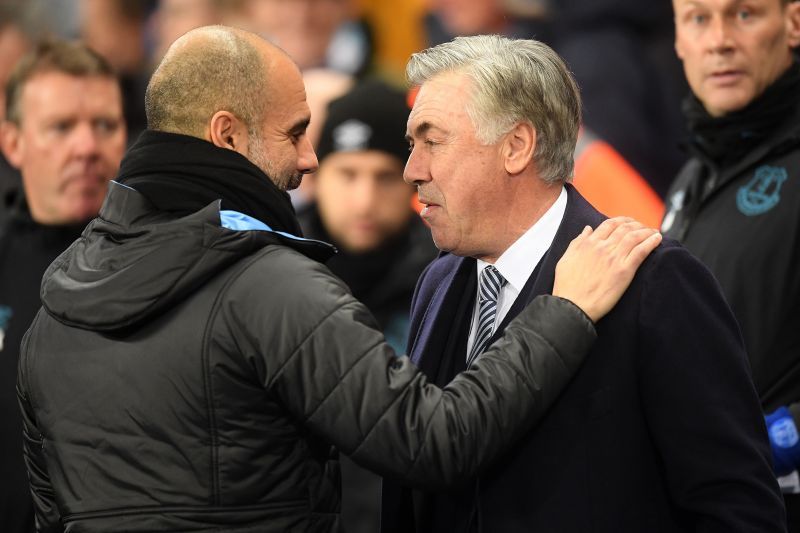
5 most successful foreign managers in Bundesliga history
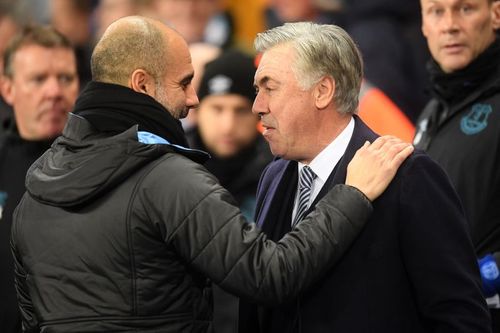
Since its inception in 1963, the Bundesliga has been enthralling fans home and abroad alike. It is renowned for having the highest average fan attendance in all European football leagues. The Bundesliga has been a platform for young players hungry to prove their mettle. Additionally, it has also been a honing ground for untested yet talented young managers.
A total of 26 managers have been able to win the Bundesliga title at least once since the inception of the competition. Most of them are home-grown managers but a few have tasted success after arriving from elsewhere.
On that note, we take a look at the five most successful foreign managers in the history of Bundesliga.
Also Read: Thiago Alcantara - the unsung hero of Bayern Munich.
Five most successful foreign managers in Bundesliga history:
# 5: Max Merkel
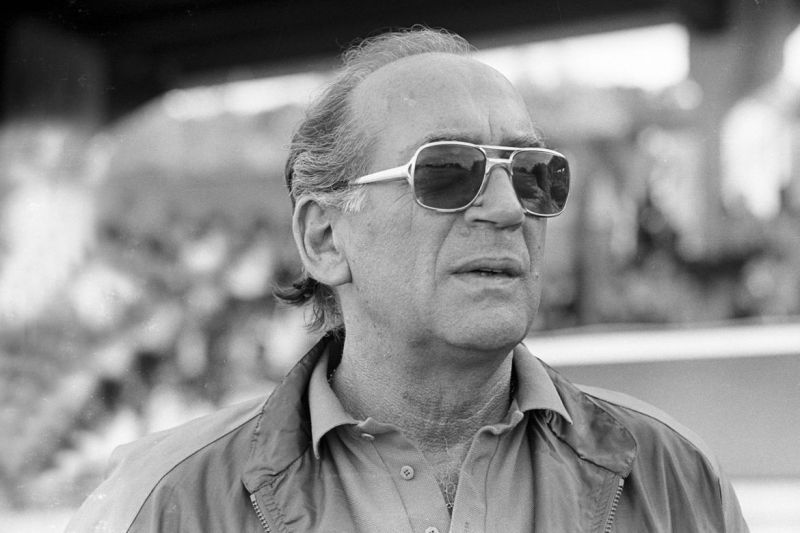
Max Merkel was part of the first-ever Bundesliga season in 1963-64. Appointed as head coach of TSV 1860 Munich in 1961, the Austrian managed the Munich side in the first Bundesliga season. The tenure of Merkel coincided with Die Lowen's best run in history. The club won their first, and to date only, Bundesliga title in 1966, the DFB Pokal in 1964, and finished runners-up to West Ham United in the 1965 UEFA Cup Winners Cup.
Merkel was known for his uncompromising style and keen observation skills. His blunt style often saw him having conflicts with players, club management and sometimes even the league's governing body. An increasing number of rifts in the 1860 Munich camp saw Merkel relieved of his duties a year after winning the Bundesliga title.
The Austrian would later add his second Bundesliga winner's medal with FC Nurnberg. With Franz Brungs upfront, Merkel led Nurnberg to their first and only league Bundesliga title in 1967. But his 'confrontational' managerial style would once again result in another premature spell at the Bundesliga club.
Merkel would go onto have success in Spain with Atletico Madrid. Further managerial stints saw him take the helm at Schalke, 1860 Munich, Augsburg and Karlsruher but didn't bring him the same success in the Bundesliga.
A man known for his one-liners, Max Merkel once said about training methods:
"I once split up my players into two teams at a practice session — the alcoholics vs the non-drinkers. The alcoholics won 7-1. After that, I said they should all go out and get smashed."
# 4: Branko Zebec
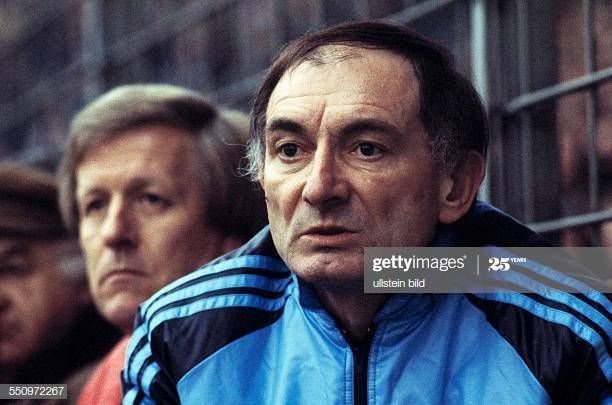
A visionary manager, an alcoholic, a master tactician, a winner - were the apt description of Branko Zebec, the manager. The Yugoslavian born legend managed eight clubs during his lifetime but could never stay at a club for more than four seasons.
Zebec arrived in the Bundesliga in 1968 to join Bayern Munich after guiding Dinamo Zagreb to European Cup glory. A tough and uncompromising manager, Zebec brought much needed defensive discipline and a high level of fitness to a talented young Bayern Munich side. The much-needed change in tactics took Bayern their first Bundesliga title and their first double in 1969, becoming the first team in German football to do so.
Being a disciplinarian brewed its problems. Rifts with players, tough training methods along with poor results forced Zebec to leave Munich a year after winning the Bundesliga. An impressive spell with Eintracht Braunschweig followed brief stints with Stuttgart and Hadjuk Split. Zebec's tenure coincided with the German club's best run in their history.
Zebec tasted his second Bundesliga success with a talented Hamburg side in 1979. Old problems, including alcoholism, resurfaced. Zebec was at times found drunken while coaching that ultimately saw him losing his job.
His drinking problem would go onto ruin his next jobs at Borussia Dortmund, Eintracht Frankfurt, and Dinamo Zagreb before he took his own life in 1988 at the age of 59.
Also Read: 3 Reasons why the 2019/20 Bundesliga season could turn out to be the best.
# 3: Pal Csernai
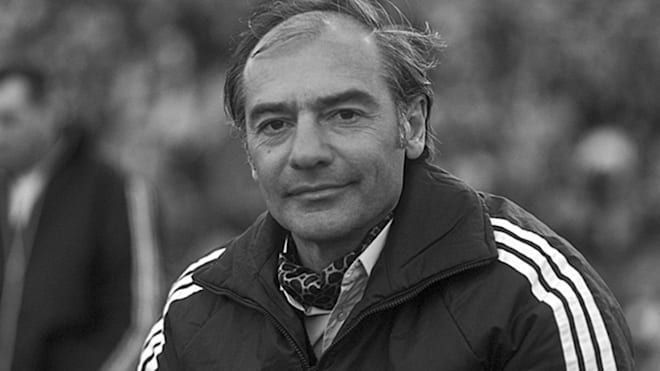
Pal Csernai is the man who introduced the 'Pal system' to the world of football. Csernai had humble beginnings, managing in the lower leagues of German and Belgian football before taking up the big-job at Bayern Munich in 1978.
The Hungarian filled the void left by ageing legends Franz Beckenbauer, and Sepp Mair, and instilled new blood to rejuvenate the Bavarian attack. With the Pal system', a combination of zone defence and man-marking, Csernai led Bayern Munich to their first Bundesliga title in six years. It was a feat he repeated with the Bavarian club the next season that also included a heartbreaking loss to Aston Villa in the 1982 European Cup final. Eventually, poor results and internal club politics saw Csernai leaving the Bundesliga club in 1983.
Csernai never was the same since moving out of Bavaria. Failed stints at PAOK and Benfica were followed by a return to the Bundesliga with Borussia Dortmund. Poor results once again resulted in the Hungarian joining Fenerbahce. Further stints with Eintracht Frankfurt, Young Boys, Hertha BSC, Sopron and North Korea followed without much success.
However, the Hungarian would forever be remembered for helping the Bavarian giants back to their best after the post-Muller and Beckenbauer era. Csernai, along with Uli Hoeness also played a crucial role in Bayern Munich avoiding bankruptcy and helping the club dominate the Bundesliga in the early1980's.
# 2: Ernst Happel
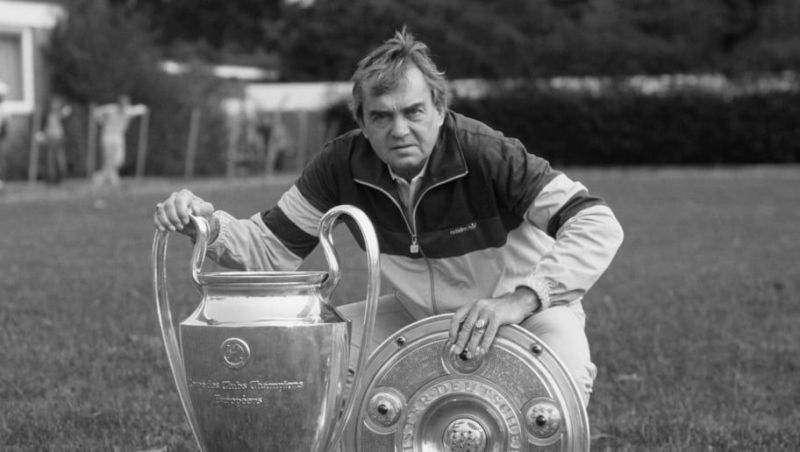
One of the greatest managers of all-time, Ernst Happel, arrived at Hamburg in 1981 after success with Feyenoord, Standard Liege, Club Brugge and the Dutch national team. Happel had an immediate impact on arrival at the Volksparkstadion. In 1981-82, Hamburg won their second Bundesliga title in four seasons.
But it was Happel's second season at Die Rothosen that is remembered most fondly. Between January 16, 1982, and January 29, 1983, Hamburg went unbeaten in 36 Bundesliga games, which remains the club's best-ever run in the competition.
With Happel's revolutionary 4-3-3 system and pressing style, Hamburg would go on to defend their Bundesliga title successfully and win their first European Cup after beating Juventus in the 1982 final.
Ernst Happel would go on to add the DFB Pokal to his collection of trophies before homesickness prompted him back to his homeland in 1987 where he joined Swarorovski Tirol. Happel would get his dream job of managing Austria but tragically died of cancer without completing a year at the helm of the national team.
Gunter Netzer, the general manager who brought Happel to Hamburg, once said of the former's training sessions:
"Happel was able to explain to every player what he wanted. Four’s necklace, forechecking, offside trap, Happel was able to explain all this. Not with words, he did not speak, and when he spoke, you could not understand him. But his training sessions were such that the players’ blood and flesh were spilled.”
# 1: Pep Guardiola
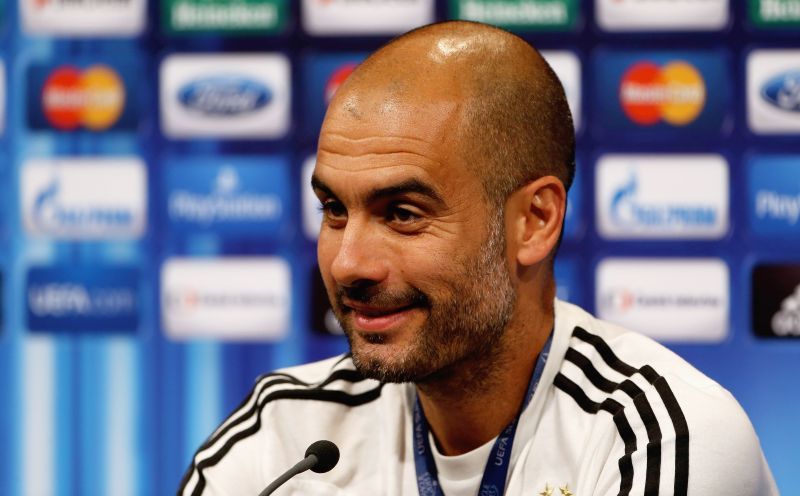
Pep Guardiola needs little introduction. The Spaniard made his name at Barcelona where he led to an unprecedented treble in 2009.
He joined Bayern Munich in the summer of 2013 to replace the retiring Jupp Heynckes. Guardiola had a rough start to life in Bavaria with a loss to Borussia Dortmund in the German Super Cup. That, however, proved to be a blip in what turned out to be successful three-year reign with the German club.
Guardiola took the Bundesliga by storm in a way that no other manager has. Bayern Munich won an astounding 82 games, drew just eleven, and lost only nine Bundesliga games under the Spanish tactician. In each of his three seasons in Munich; Guardiola's Bayern Munich won the Bundesliga title as early as April.
Guardiola's possession-based, continually moving and ever-evolving style of play thrilled the Bayern fans. The former Barcelona manager set a bevvy of Bundesliga records along the way, including the most titles won by a foreign manager (3), the highest winning percentage by a manager (80.3%) and the first debutant manager to win three straight consecutive league titles.
The Spaniard left the club in 2016 after failing to deliver the one trophy that the Die Roten desired - the UEFA Champions League. However, Pep Guardiola will forever be remembered as one of the greatest managers in the history of the Bundesliga despite his short three-year tenure.
The former Barcelona man has gone onto have similar success at Manchester City.
Also Read: Bundesliga 2019/20: 6 talking points so far.